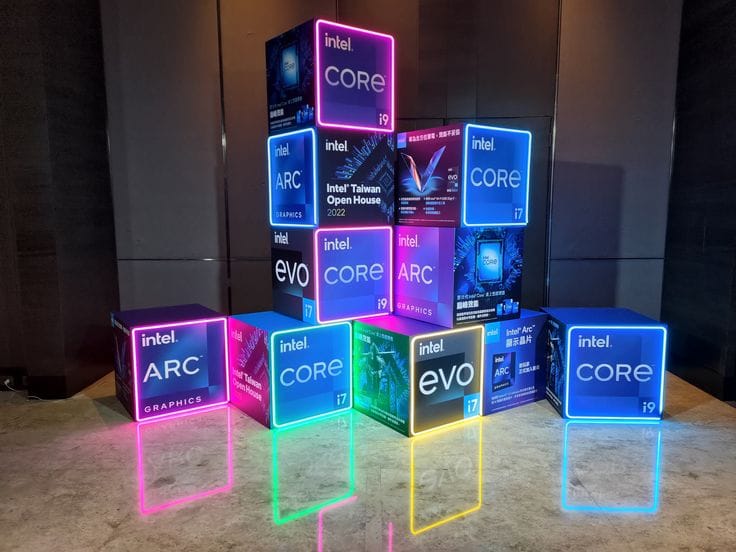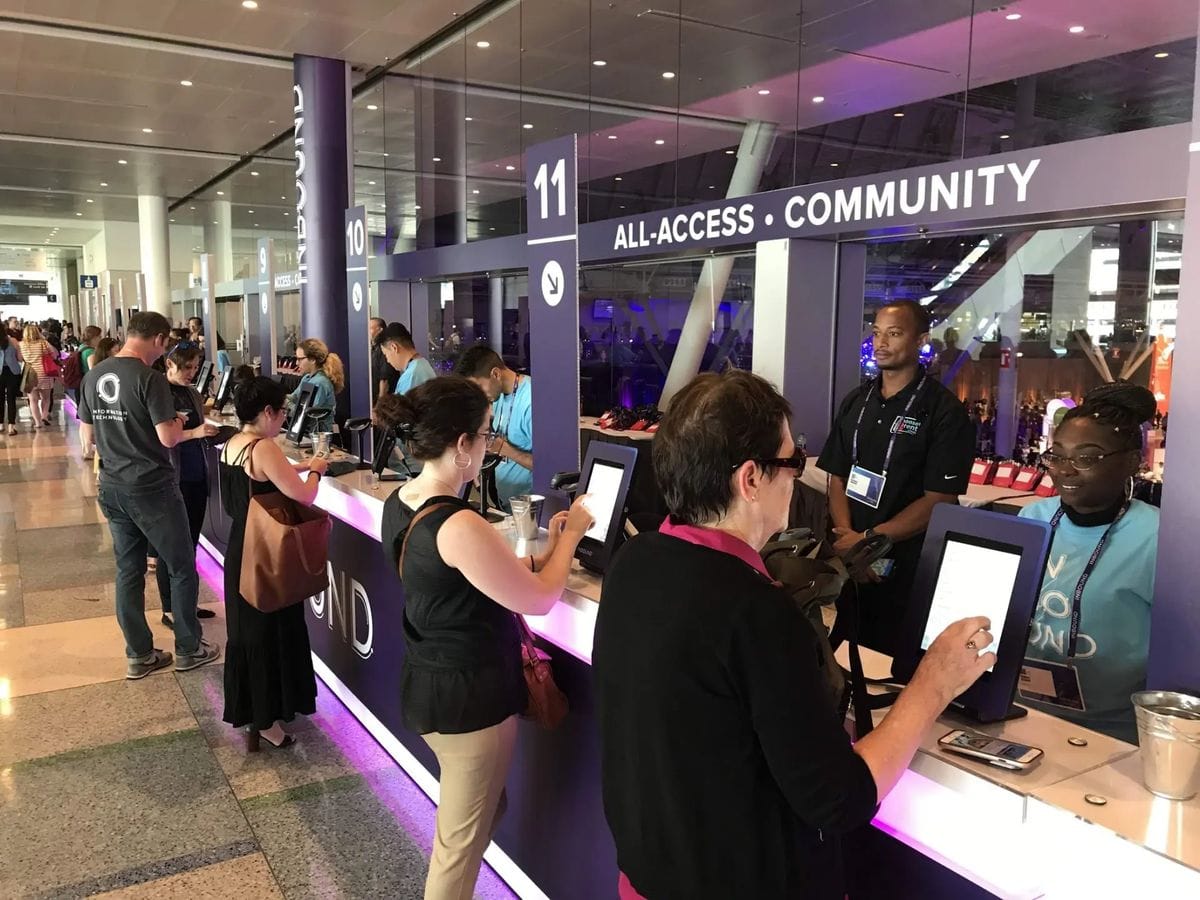The events industry has undergone a seismic shift in recent years. What once relied heavily on intuition and best-guess budgeting has evolved into a data-driven powerhouse where artificial intelligence transforms how organizations plan, execute, and measure event success. This revolution isn't just changing the game—it's rewriting the rules entirely, delivering unprecedented returns on investment that were previously impossible to achieve.
The Traditional Event Investment Challenge
Event planning has historically been a high-stakes gamble. Organizations invest millions annually in conferences, trade shows, product launches, and corporate gatherings without concrete assurance of returns. Traditional approaches involved estimating attendance, guessing at engagement levels, and making budget decisions based on past performance rather than predictive insights. This reactive methodology frequently resulted in overspending in some areas while underinvesting in others, leaving significant ROI potential untapped.
The challenge becomes exponentially complex when considering the numerous variables impacting event success: venue selection, timing, pricing strategies, marketing channels, speaker lineups, catering choices, technology requirements, and attendee experience design. Without sophisticated analysis tools, event planners struggled to optimize these interconnected elements effectively, often discovering what worked or didn't only after substantial investments were already made and the event concluded.

AI-Powered Predictive Event Optimization
Modern AI systems are revolutionizing this landscape through predictive event optimization. Machine learning algorithms analyze vast datasets encompassing historical event performance, market trends, demographic patterns, economic indicators, and competitive landscapes to forecast outcomes with remarkable accuracy. These intelligent systems can predict attendance rates, estimate revenue potential, identify optimal pricing thresholds, and recommend the most effective budget allocation strategies before a single dollar is spent.
Smart event investment begins with comprehensive AI-driven market analysis examining competitor events, industry calendars, economic cycles, and seasonal trends to identify optimal timing windows. Advanced algorithms process social media sentiment, search volume data, industry publications, news cycles, and consumer behavior patterns to gauge market interest and predict demand for specific event themes, formats, or speakers. This multi-layered analysis enables organizers to make informed decisions about event scale, pricing structures, marketing approaches, and resource allocation from the earliest planning stages, significantly reducing financial risk.
Intelligent Event Budgeting Strategies
AI investment analysis transforms budgeting from guesswork into precision science. Intelligent systems evaluate historical spending patterns across similar events, analyzing thousands of data points to identify which investments consistently deliver the highest returns. These sophisticated platforms can recommend optimal budget distributions between venue costs, marketing expenditures, speaker fees, technology investments, catering, and ancillary services based on predicted attendee behavior, engagement patterns, and conversion probabilities.
Dynamic pricing algorithms represent a game-changing advancement, adjusting ticket prices in real-time based on demand fluctuations, competitor pricing, market conditions, early bird trends, and demographic targeting. This approach maximizes revenue while maintaining optimal attendance levels, ensuring events reach their full potential without pricing out target audiences. AI systems also identify cost-saving opportunities by analyzing vendor performance histories, identifying negotiating leverage points, monitoring market rates, and suggesting alternative approaches that maintain quality while reducing expenses substantially.
Real-Time Optimization and Performance Monitoring
The true power of AI event ROI optimization emerges during live events through real-time monitoring and adjustment capabilities. Advanced systems track attendee engagement, session popularity, networking activity, and satisfaction levels as they unfold, enabling immediate course corrections. If certain sessions are underperforming, AI can suggest promotional strategies or content adjustments to boost attendance. When networking areas show low utilization, intelligent systems can recommend layout changes or activity modifications to improve engagement.
These real-time insights extend beyond immediate fixes to inform future event planning. AI platforms continuously learn from each interaction, building increasingly sophisticated models that improve prediction accuracy and optimization recommendations over time. This creates a virtuous cycle where each event becomes more successful than the last, maximizing long-term ROI across an organization's entire event portfolio.
Measuring and Maximizing Long-Term Impact
Traditional event ROI measurement focused predominantly on immediate metrics like attendance numbers, direct revenue, and basic satisfaction scores. AI-powered analysis reveals the complete picture, tracking comprehensive long-term impacts including lead nurturing progression, sales pipeline development, brand sentiment changes, social media engagement increases, customer lifetime value improvements, and strategic partnership development outcomes. These comprehensive insights demonstrate events' true value extending far beyond immediate financial returns.
Advanced predictive models identify which specific event elements contribute most significantly to long-term business objectives, enabling organizers to double down on high-impact investments while systematically eliminating low-value activities. This strategic approach ensures every dollar spent contributes meaningfully to organizational goals rather than simply filling agenda time or meeting traditional expectations without measurable outcomes.

The Future of Smart Event Investment
As AI technology continues advancing, the potential for event ROI optimization grows exponentially. Emerging capabilities include personalized attendee experience creation, automated vendor selection and negotiation, and predictive maintenance for event technology. Organizations embracing these innovations today position themselves at the forefront of the industry's evolution.
The ROI revolution powered by AI isn't just about improving individual events—it's about fundamentally transforming how organizations approach event investment strategy. By leveraging predictive optimization, intelligent budgeting, and comprehensive performance analysis, event organizers can consistently deliver exceptional returns while creating more engaging, valuable experiences for attendees.
The future belongs to those who embrace data-driven decision making and AI-powered optimization. In this new landscape, maximizing event investment isn't just possible it's inevitable for those willing to harness the power of intelligent technology.


